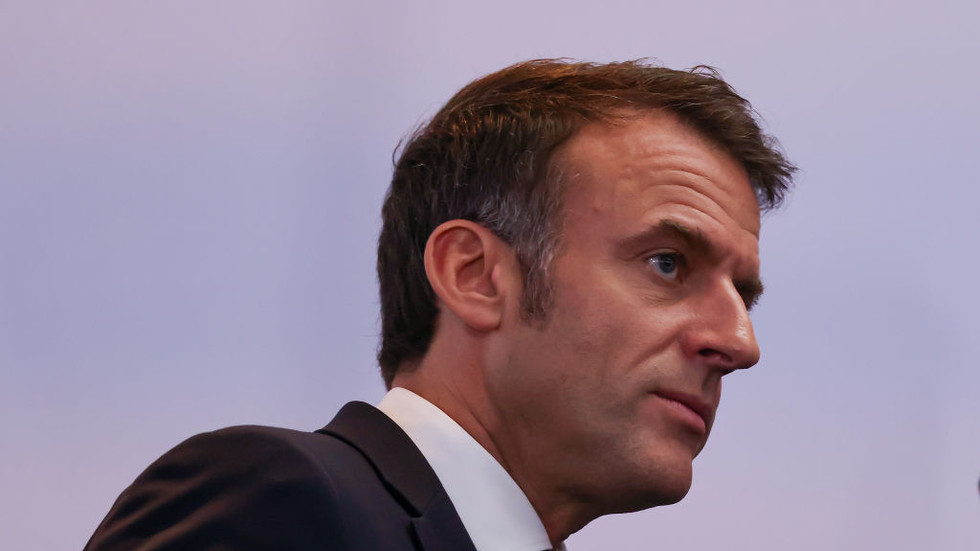TORONTO -- Some Canadian officials on Tuesday blasted President-elect Donald's Trump's threat to impose sweeping tariffs, as the leader of the country's most populous province called Trump's comparison of Canada to Mexico “the most insulting thing I’ve ever heard.”
Trump has threatened to impose tariffs on products from Canada, Mexico and China as soon as he takes office in January as part of efforts to crack down on illegal immigration and drugs. He said he would impose a 25% tax on all products entering the U.S. from Canada and Mexico as one of his first executive orders.
“To compare us to Mexico is the most insulting thing I’ve ever heard from our friends and closest allies, the United States of America," Ontario Premier Doug Ford said. “I found his comments unfair. I found them insulting. It’s like a family member stabbing you right in the heart."
Ford said Canada will have no choice but to retaliate.
Prime Minister Justin Trudeau will convene an emergency meeting with provincial leaders on Wednesday. The Canadian dollar weakened sharply in foreign exchange markets.
Trudeau said he spoke with Trump after his threat of tariffs. “We talked about the intense and effective connections between our countries that flow back and forth. We talked about some of the challenges that we can work on together. It was a good call,” Trudeau said.
Trump made the threat Monday while railing against an influx of illegal migrants, even though apprehensions at the southern U.S. border have been near four-year lows.
Apprehension numbers at the Canadian border pale in comparison.
“We shouldn’t confuse the Mexican border with the Canadian border,” Canadian Industry Minister François-Philippe Champagne said.
The U.S. Border Patrol made 56,530 arrests at the Mexican border in October — and 23,721 arrests at the Canadian one between October 2023 and September 2024.
"It’s the equivalent to a significant weekend at the Mexico border,” Canadian Immigration Minister Marc Miller said, adding that Canada is considering a number of border measures including additional resources.
Canada is one of the most trade-dependent countries in the world, and 77% of Canada’s exports go to the U.S. Nearly $3.6 billion Canadian (US$2.7 billion) worth of goods and services cross the border each day. About 60% of U.S. crude oil imports are from Canada, and 85% of U.S. electricity imports are from Canada. Canada is also the largest foreign supplier of steel, aluminum and uranium to the U.S. and has 34 critical minerals and metals that the Pentagon is investing in for national security.
When Trump imposed higher tariffs during his first term, countries responded with retaliatory tariffs. Canada announced billions of new duties in 2018 against the U.S. in response to new taxes on Canadian steel and aluminum.
Many of the U.S. products were chosen for their political rather than economic impact. For example, Canada imports just $3 million worth of yogurt from the U.S. annually and most comes from one plant in Wisconsin, the home state of then-Republican House Speaker Paul Ryan. That product was hit with a 10% duty.
Now, again, Canadians are particularly worried about auto tariffs because the industry is critical to the economy. The North American auto industry is highly integrated, and parts made in Canada often go to cars manufactured in the U.S. and sold back to Canadians.
“To try and undo it with a tariff would be like trying to separate the yolks from the whites in a omelet. You cannot,” said Flavio Volpe, president of Canada's Automotive Parts Manufacturers Association. “You cannot hurt Canadian hurt automotive without immediately hurting American automotive."
The tariffs would also throw into doubt the reliability of the 2020 trade deal brokered in large part by Trump with Canada and Mexico that replaced NAFTA. It is up for review in 2026.

 2 hours ago
1
2 hours ago
1










 English (US) ·
English (US) ·